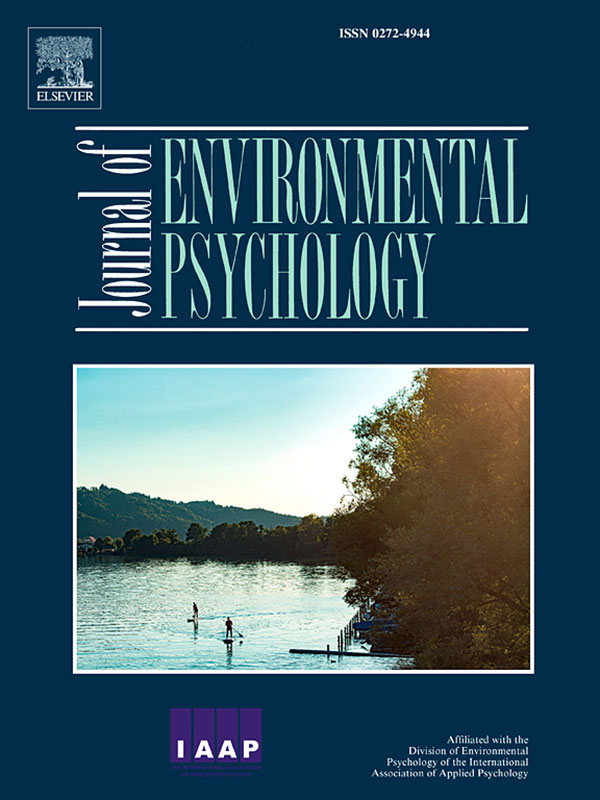Research Article
Affective reactions to losses and gains in biodiversity: Testing a prospect theory approach
Publication Date:
DOI: http://dx.doi.org/10.1016/j.jenvp.2020.101502
Abstract
Recent reports have presented evidence of dramatic biodiversity declines. Despite the threat posed by such losses we know little about people's reactions to such information, or rarer ‘bright spot’ stories of localised recovery. We explored these issues through the lens of prospect theory, testing three aspects: a) reference dependence, b) loss aversion, and c) diminishing sensitivity. Study 1 (n = 393) presented US participants with a hypothetical ecological survey reporting changes in bird species at a key site between 1996 and 2016 using a 2 (Baseline species richness: Low/high) x 2 (Change direction: Loss/gain) x 4 (Change magnitude: 5/10/15/20 species) between-participants design. Study 2 (n = 570) used the same design but focused on marine species richness among a UK sample. Responses were measured using a version of the Scale of Positive and Negative Experience. Both studies found evidence of reference dependence, but not loss aversion. In fact both studies found that reactions to biodiversity gains were stronger than equivalent losses; gains ‘loomed larger’ than losses. There was little evidence of diminishing sensitivity; scope insensitivity was the predominant pattern for losses and gains across both studies. Although those high in nature relatedness reacted more strongly to losses and gains, relatedness did not moderate any effects. Results suggest that communicators should not be surprised if reports of biodiversity declines do not have the impact they hoped, and that weaving in ‘bright spot’ stories may help people engage with the broader issues.
